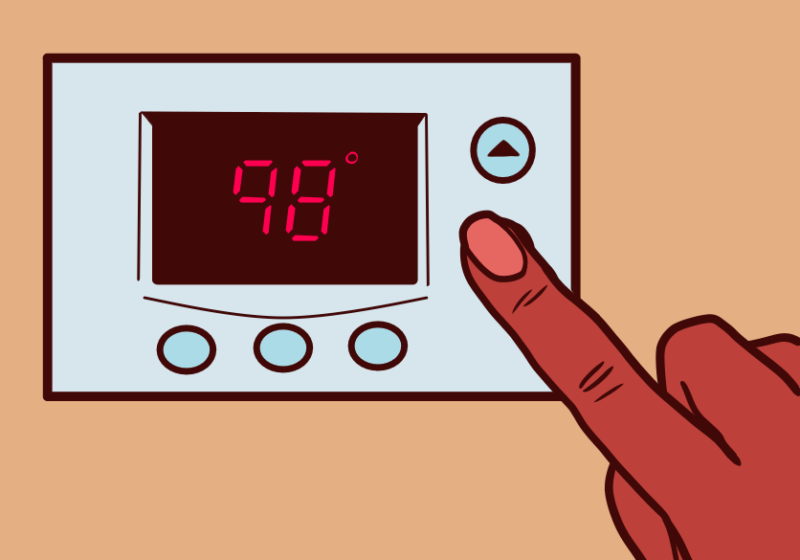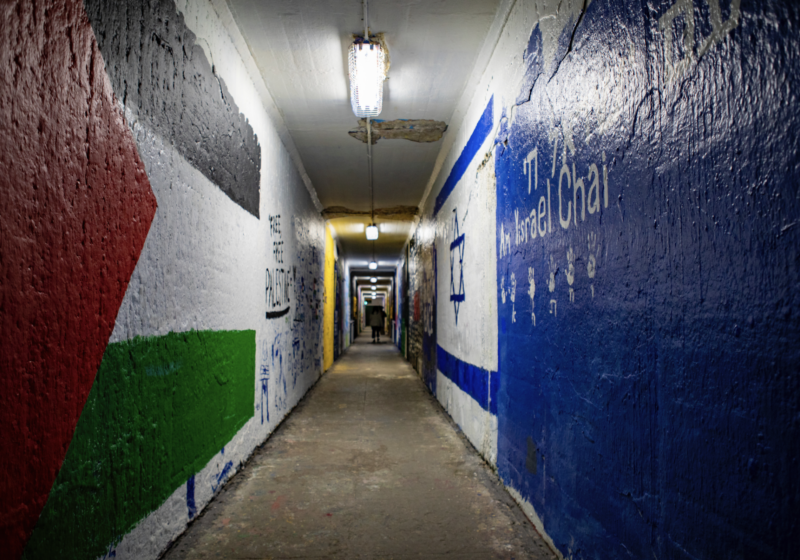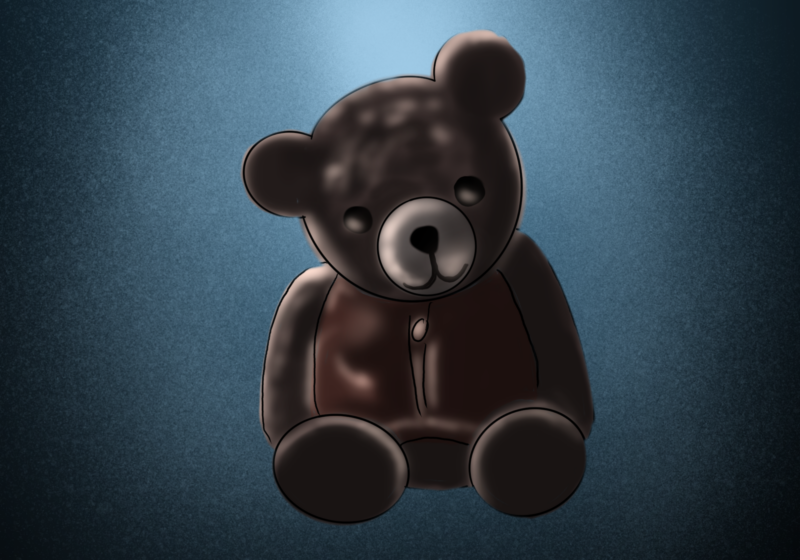People are freaking the fuck out about getting sick from coronavirus.
This makes sense. The massive amount of people dying isn’t great. Also, the (possibly) largest economic decline since the depression sounds not fun.
But those are grand concepts — most people are a lot more focused on the health and economic futures of themselves and their families. Those are definitely reasonable fears, and I share them, but I’m a lot more scared of climate change.
Climate anxiety isn’t a proper medical condition in that there is no definition of it in the DSM-5 (the manual for recognizing and defining mental disorders). But it is real, widely reported, and particularly common among college students.
Basically, climate anxiety is an intense fear, concern, or depression due to the current and future state of the environment as climate change progresses.
I’m climate anxious.
I’d like to have kids one day, but often I wonder if it would be responsible to do so, with the impending increase in severe weather patterns, rising seas, and the social and economic unrest that might be caused by this. On a daily basis I wonder if major East Coast cities I’d like to live in when I grow up — like Boston and New York City — will still be stable socioeconomic centers when I’m older.
Because of this, the concern over coronavirus hasn’t particularly fazed me. Sure, it’s a lot more concrete and immediate, but when the back of your mind is always scared that the world will fall apart anyways, the newer global threat loses some of its edge.
For most people, coronavirus feels a bit like someone is shooting at them. It’s scary, and confusing and intense. For the climate anxious, that feeling was already present. Coronavirus just feels like a second person joining into the gunfire; it’s bad, but not nearly as jarring as when the shooting began.
The optimist in me hopes that perhaps we will make changes as a result of coronavirus that will help us better fight to reduce and manage the effects of climate change. Perhaps this new welfare bill is the first step towards socialized medicine and better public works. Maybe this will result in current leaders who don’t even believe in climate change being pushed out of office to make room for politicians who have a less deluded perception of science.
The pessimist in me worries that the damage is done, and people will dig in to their own political beliefs and re-elect politicians in hopes of maintaining some form of consistency. Maybe corporations will continue to make short-sighted decisions with dire long-term consequences in the hopes of elevating their sagging stock prices, or maybe not. I don’t know.
But I do know that freaking out isn’t particularly helpful in any situation. Staying calm and making reasonable choices is the best way to handle any sort of crisis, so I’m grateful that I’ve been able to keep my cool in recent weeks. I’m less grateful for the reason behind my calm demeanor.






